
Scientists uncover how chronic stress may starve the brain of blood flow

Have you ever felt like stress is literally getting inside your head? According to new research from Penn State, that feeling might be more accurate than you think. Scientists have uncovered a striking connection between anxiety-induced stress, reduced blood flow in the brain, and a heightened risk of developing neurodegenerative disorders such as Alzheimer’s disease.
For years, researchers have known that decreased cerebral blood flow is a hallmark of dementia, yet the underlying causes have remained elusive. This new study offers an important breakthrough by highlighting a rare and highly sensitive type of neuron that appears to play a pivotal role. These neurons—especially vulnerable to chronic stress—are essential not only for regulating the brain’s circulation but also for orchestrating communication among large networks of brain regions.
Key Takeaways
-
A rare type of neuron—representing less than 1% of all brain cells—has an outsized influence on brain blood flow.
-
These neurons are uniquely susceptible to the damaging effects of chronic stress.
-
In mouse studies, removing these neurons caused a steep drop in blood vessel oscillation, blood flow, and overall neural activity.
-
The findings point to a potential environmental trigger for neurodegeneration, revealing a physical mechanism linking stress to long-term brain damage.
The Brain’s Tiny but Mighty Regulators
At the core of this discovery are the so-called type-one nNOS neurons. Despite making up a microscopic fraction of the brain’s more than 80 billion neurons, they exert enormous influence on brain function. Led by Penn State professor Patrick Drew, researchers found that these neurons drive what’s known as spontaneous oscillations in blood vessels—the rhythmic tightening and relaxing of arteries and capillaries that keeps nutrients, oxygen, and cerebrospinal fluid moving throughout the brain.
This oscillation is vital for maintaining healthy circulation, supporting metabolic processes, and clearing waste products that can otherwise accumulate and harm brain cells. Interestingly, these neurons are heavily concentrated in the somatosensory cortex, the region involved in processing sensory information like touch, temperature, and pressure.
To make things even more remarkable, scientists suggest that these neurons may function as a coordinating hub, helping synchronize activity across distant brain regions. Without their influence, the brain’s internal rhythms may become less stable and less efficient.
What Happens When These Neurons Disappear?
To understand just how crucial these rare neurons are, researchers performed a precise experiment in mice. They introduced a specially designed toxin that selectively destroyed type-one nNOS neurons while sparing the rest of the brain. The outcome was dramatic: mice lacking these neurons experienced a significant reduction in vascular oscillation, which in turn caused reduced blood flow.
But the consequences didn’t end there. The researchers also documented a marked decrease in neural activity throughout the brain—especially during sleep, a critical period for memory consolidation and cellular repair. This decline suggests that type-one nNOS neurons play a far broader role than previously suspected, influencing both circulation and the brain’s ability to maintain large-scale communication networks.
The findings imply that losing even a tiny population of specialized neurons can set off a cascade of physiological changes, potentially making the brain more vulnerable to disease over time.
A New Link Between Stress and Brain Health
So, what does all this mean for everyday life? Aging is a well-known risk factor for Alzheimer’s and other forms of dementia, but this study introduces an intriguing possibility: chronic stress may be quietly accelerating the process.
“Reduced blood flow is one of the contributing factors to poor brain health and conditions like Alzheimer’s,” said Drew. If stress destroys these sensitive neurons, this damage could become an “environmental cause of neurodegeneration.”
This gives new weight to the idea that stress doesn’t just affect mood—it may gradually disrupt the brain’s physical infrastructure. Over time, stress-related loss of these neurons could restrict blood flow, impair cell communication, and raise the risk of cognitive decline.
It also opens the door to future research into how stress, lifestyle, and genetic predisposition interact, potentially explaining why some people develop dementia earlier or more rapidly than others.
Conclusion
Although it’s too early to conclude that stress directly causes Alzheimer’s, this research provides a critical missing link between emotional strain and long-term brain health. By identifying a specific cell type and mechanism through which stress can physically alter brain function, scientists have unlocked an entirely new direction for Alzheimer’s and dementia research.
The next step for the research team is to explore how the loss of type-one nNOS neurons intersects with known genetic risks. Ultimately, this work may lead to targeted strategies for protecting the brain—whether by reducing stress, boosting resilience in vulnerable neurons, or developing therapies that maintain healthy blood flow.
One thing is becoming clearer: safeguarding your mental wellbeing could be more important for your future cognitive health than we ever realized.
Scientific Reference
Research on type-one nNOS neurons and their role in regulating brain blood flow was published in eLife (2024), eLife Sciences Publications, Ltd.
News in the same category


Japan's Oldest Doctor: Can’t Sleep Through the Night? Use Garlic This Way for Deep Rest in 3 Nights
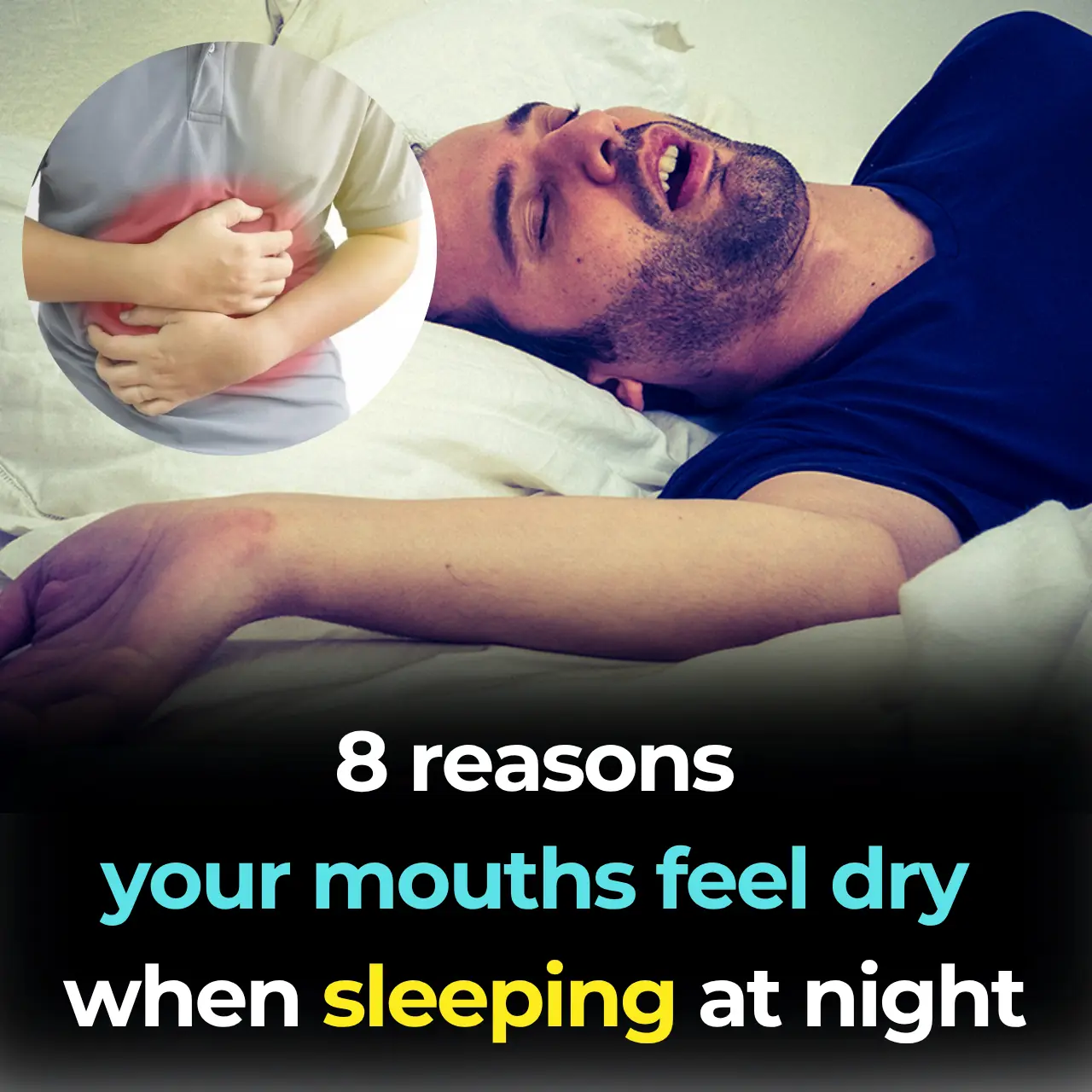
People whose mouths feel dry when sleeping at night need to know these 8 reasons

3 Mineral Waters That Can Help Remove Aluminum From The Brain

Top Signs of Iron Deficiency and How To Increase Iron Levels In Your Blood

Banish Congestion Now! The Fiery Root That Clears Lungs & Sinuses INSTANTLY

How to Get Rid of Worms in Humans (Including Parasite Cleanse Diet)
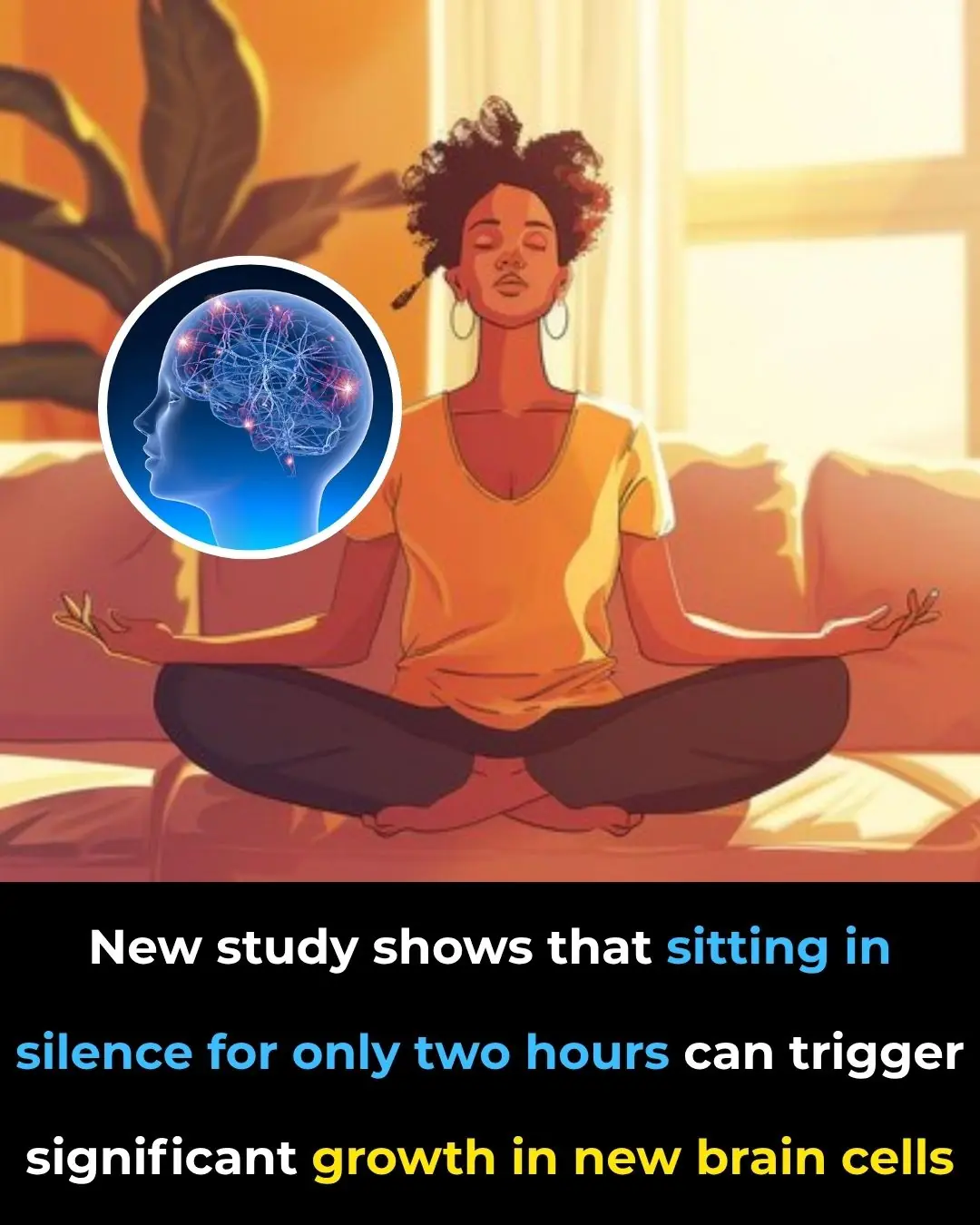
How Two Quiet Hours a Day Can Rebuild Your Brain

13 Warning Signs of High Blood Sugar and 9 Ways to Take Control of Your Health
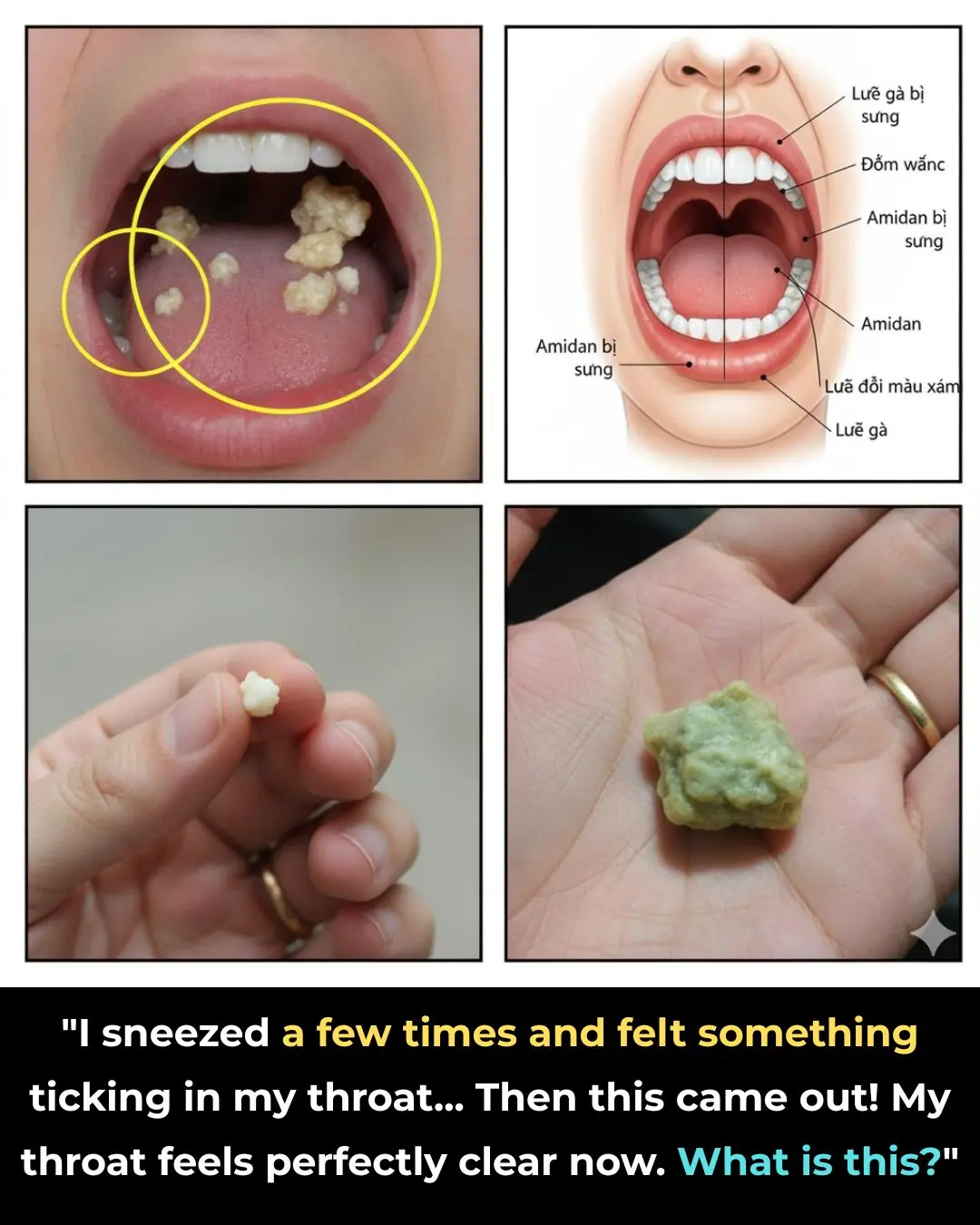
What Are Tonsil Stones

Nerve Pain Relief? The Vitamin Deficiency You Never Suspected!
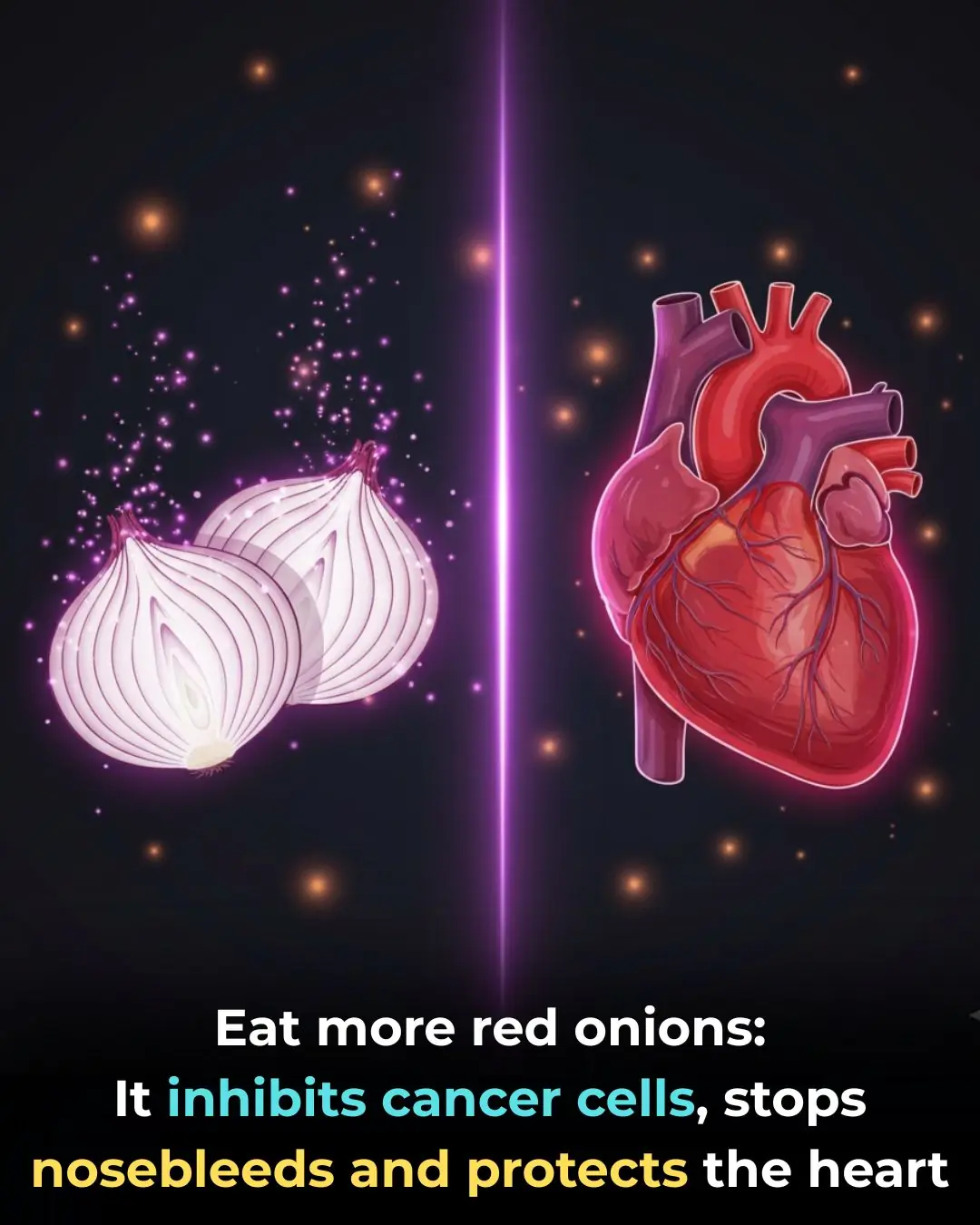
Eat More Red Onions: It Inhibits Cancer Cells, Stops Nosebleeds And Protects The Heart

7 Easy Ways To Quickly Unclog Your Lymph Nodes To Reduce Swelling And Flush Out Toxins
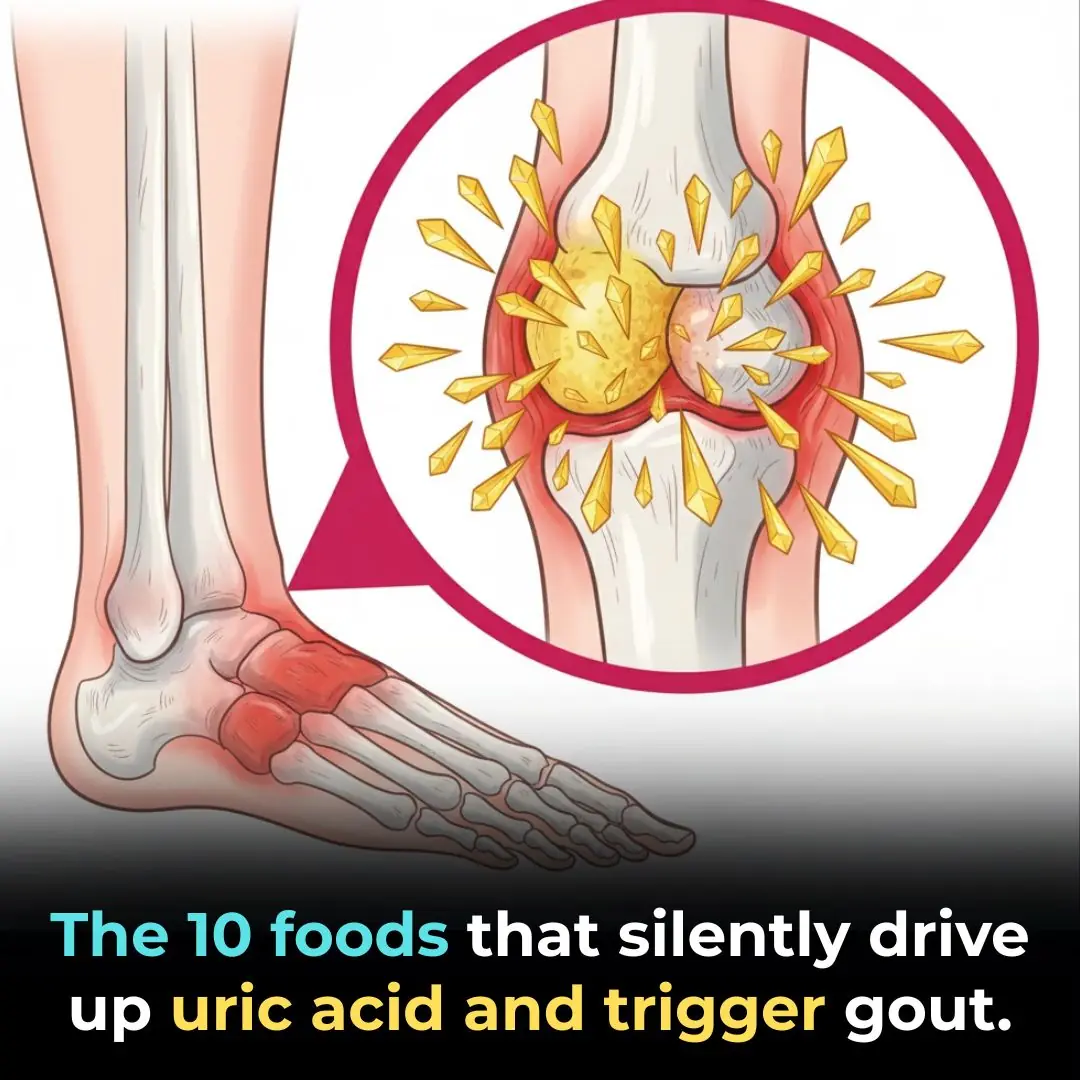
Top 10 Uric Acid Foods To Avoid If You Have Gout

Five “Dirtiest” Parts of the Pig That Butchers Never Take Home for Their Own Families
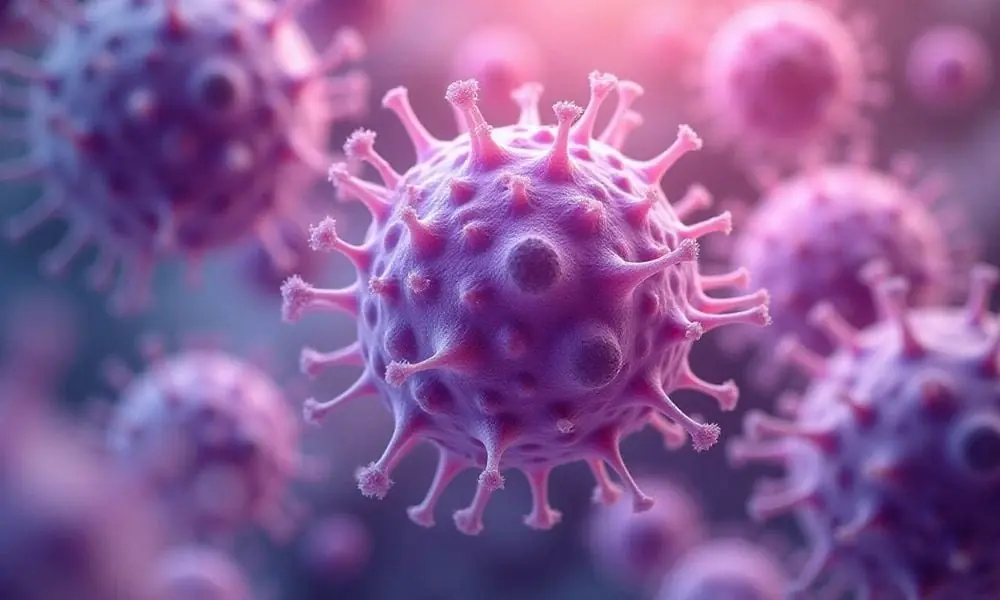
The Whole Family of Three Was Diagnosed With Thyroid Nodules; the Mother Collapsed: “I Thought Those Two Things Were Always Good to Eat and Could Prevent Cancer”

Breakthrough Cancer Treatment Offers Unprecedented Hope for Patients

Top 10 foods that unclog arteries naturally and prevent heart attack
News Post

How Israel Is Turning Water Pipes Into Clean Power Plants
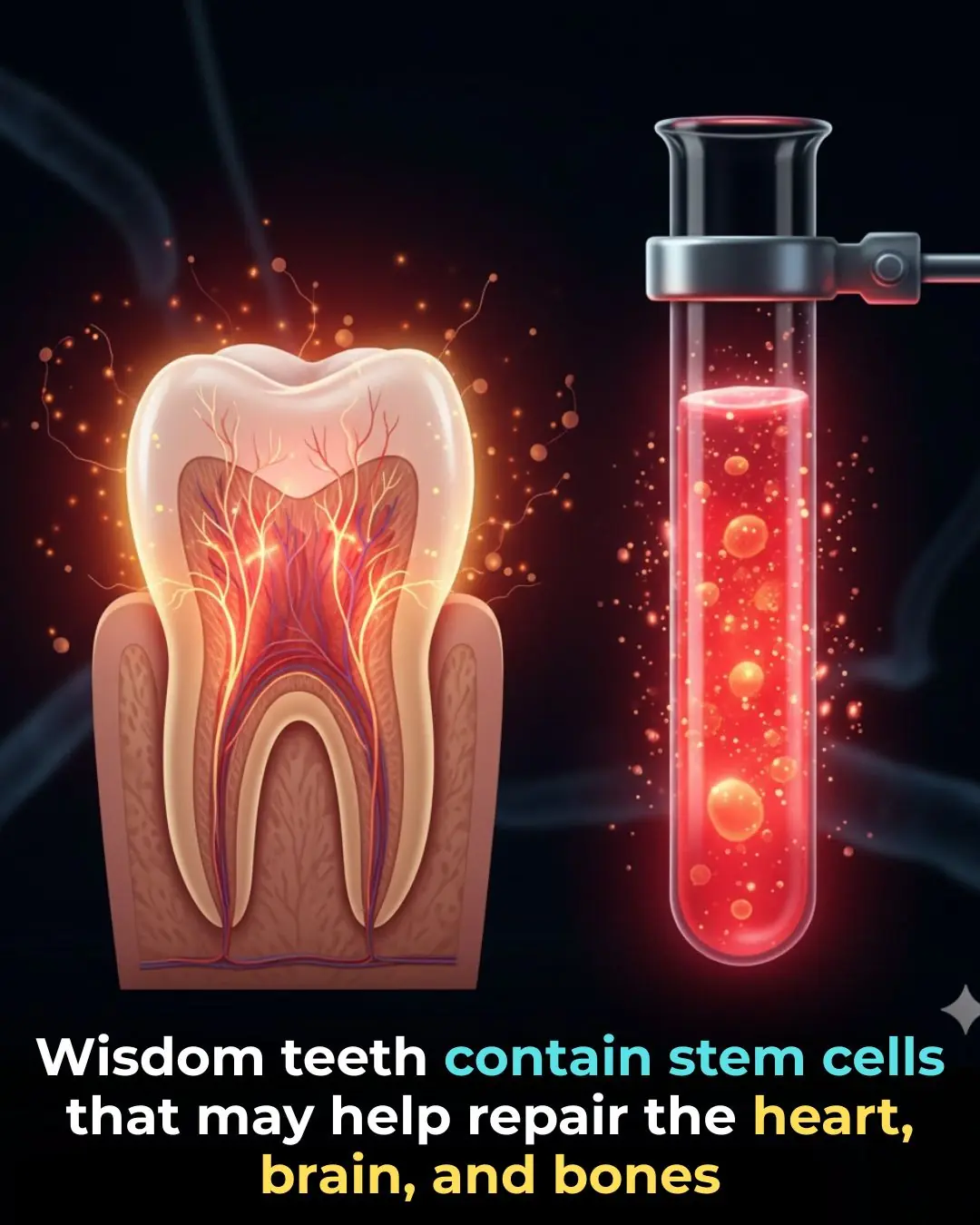
How Wisdom Teeth Could Power the Next Generation of Regenerative Medicine

This one vitamin could help stop you from waking up to pee every night

Keith Olbermann suggests he dodged a bullet as he gloats over ex-girlfriend Olivia Nuzzi’s latest scandals

What Sydney Sweeney and Tom Cruise talked about during Governor Awards: lip reader

Freddie Slater’s EastEnders exit ‘revealed’ in new spoilers

Spandau Ballet star Tony Hadley admits he’s watching ex-bandmate Martin Kemp on I’m A Celebrity amid long-running rift

Inside I’m A Celebrity star Angry Ginge’s relationship with his dad – ‘massive racist’; court battles; throwing a ‘brick through the window’

The Hidden Power of Common Blue Violet (Viola sororia) and Its Homemade Uses

Japan's Oldest Doctor: Can’t Sleep Through the Night? Use Garlic This Way for Deep Rest in 3 Nights

Glow From Within: Easy Morning Drink For Radiant Skin

People whose mouths feel dry when sleeping at night need to know these 8 reasons

3 Mineral Waters That Can Help Remove Aluminum From The Brain

Top Signs of Iron Deficiency and How To Increase Iron Levels In Your Blood

BBC Strictly's La Voix forced to pull out of Blackpool week after injury

Coronation Street couple split confirmed as heartbroken Carla tells Lisa 'it's over'

Coronation Street's Tina O'Brien reveals her father has died as she says 'my heart is very heavy'

Reimagining Mall Rooftops in the Philippines: Elevated Tents Offering Safety, Dignity, and a Breath of Calm
